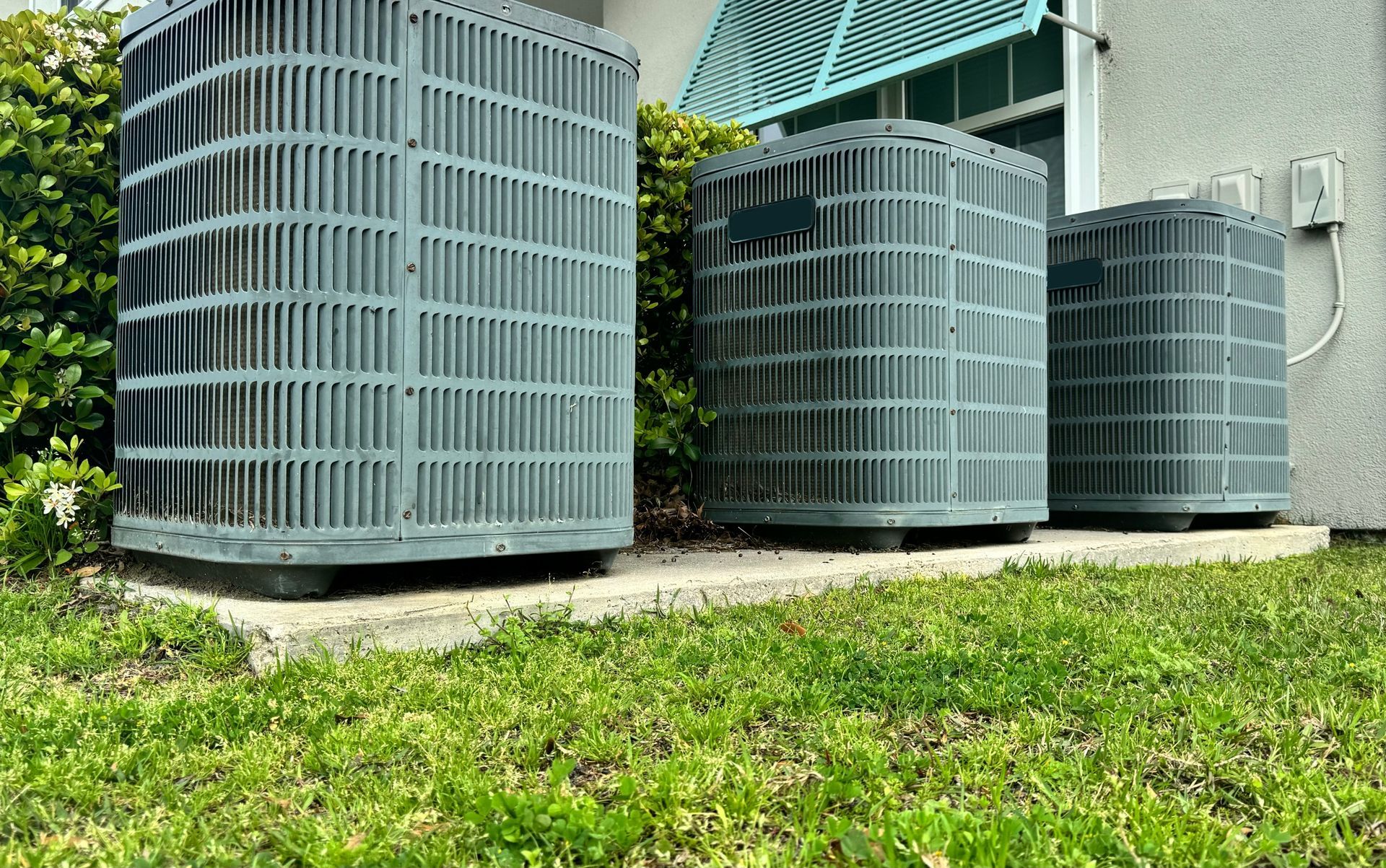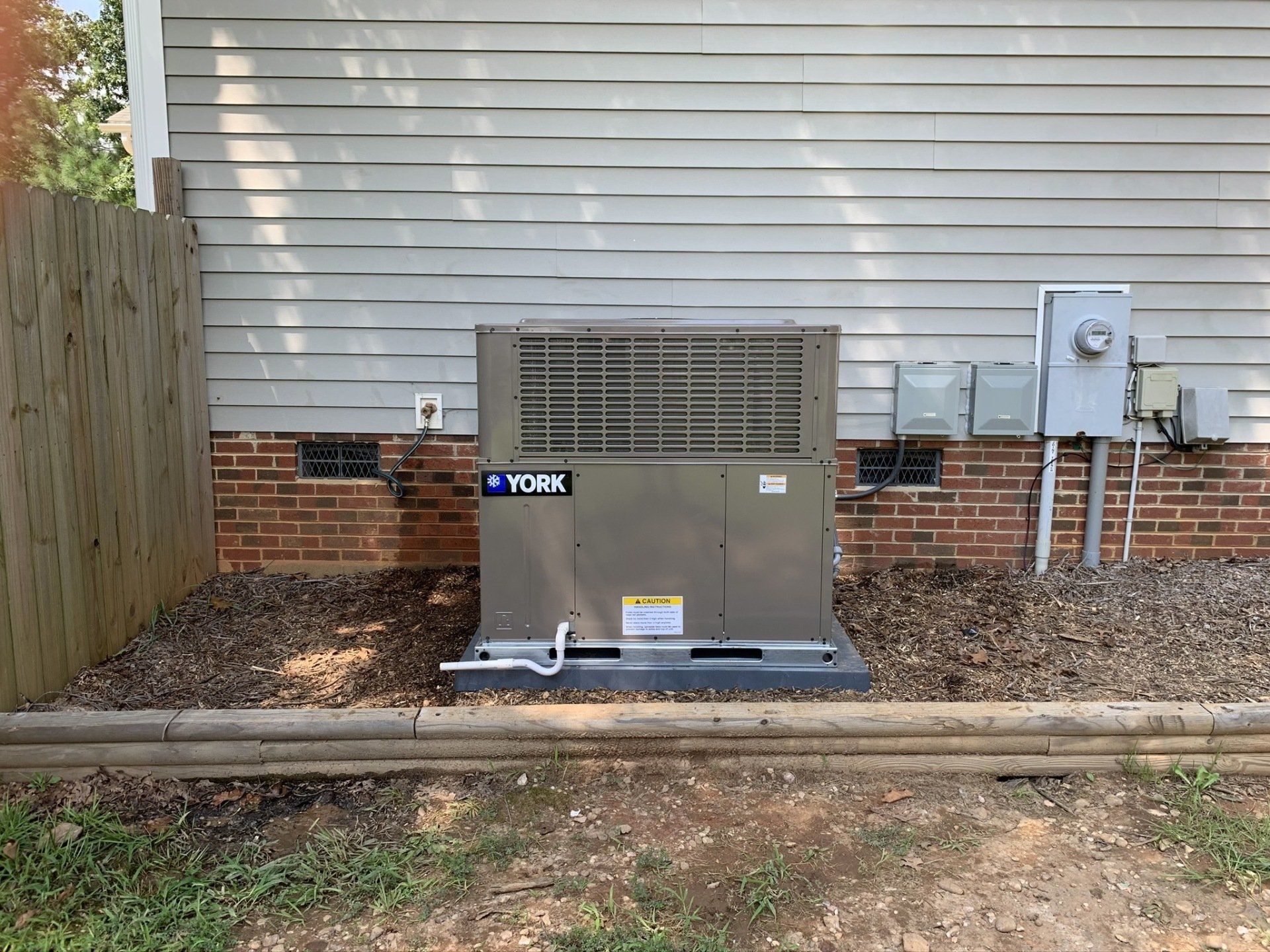How do I measure indoor humidity?
Humidity is all around us in all seasons and at all times—in the winter, your furnace might make your home’s air feel dry. Ideally in the summer, your AC unit should pull moisture out of the air, though sometimes—especially with older, more inefficient units and units that are not regularly serviced—the hot, humid summer air can over-saturate the air in your house with moisture.
Ultimately, dry air and moist air are both unpleasant, and if you suspect the humidity level in your home is off you should get to the bottom of it quickly. Here are a few quick ways to check your humidity level.
Get a hygrometer
This is obvious, but buying a hygrometer—a little device that measures humidity as a percent—is the easiest way to measure humidity in your home. Hygrometers are usually quite cheap, and you should be able to find them at your local Walmart, hardware store, or online (like on Amazon).
Simple! In a few hours, you’ll know the precise humidity level in your home and can then make a plan to remedy any issues.
Do an ice cube test
This method is not nearly as accurate or informative. It also depends on the temperature of your home. But if you fill a glass with ice water and wait a few minutes you can check and see if condensation forms on the outside of the glass. If it does, it’s probably a good indicator that your humidity is not dangerously low—a common problem during the cold, dry winter months with furnaces and heat pumps working overtime.
Look for other signs
There are other signs of high and low humidity. If humidity is high (usually in the winter months when AC units are having trouble keeping up), you might notice moisture inside your windows, your bread and other pantry items might grow mold quickly, or paint might start peeing off your walls.
If your air is dry (usually in the winter months when dry weather and your furnace or heat pump team up to suck all the moisture out of your air), your sinuses might feel parched every morning, your lips might get easily chapped, your plants might need CONSTANT watering, or you might get frequently shocked by metal surfaces.
Call us for help
Usually, there are simple solutions to humidity problems in your home, which we can talk about in a future article. However, sometimes there are problems that just don’t go away (and sometimes, it’s not best to put bandaids on problems). If you suspect your HVAC system is causing issues with your air, give us a call so we can take a look and make sure everything is in working order!





